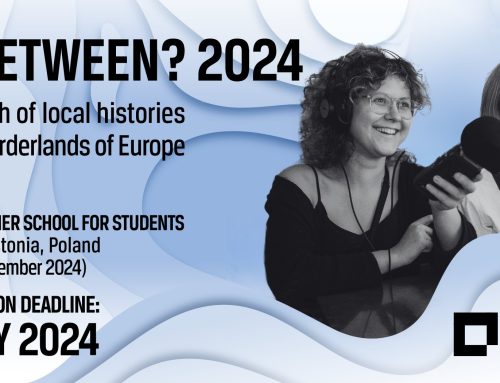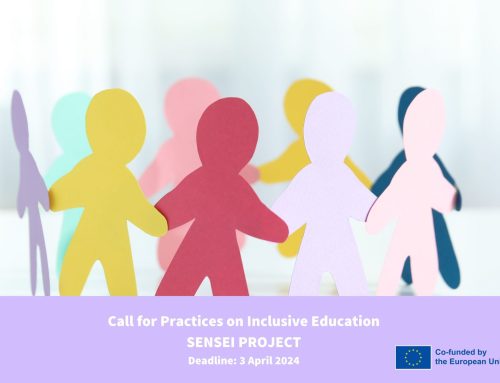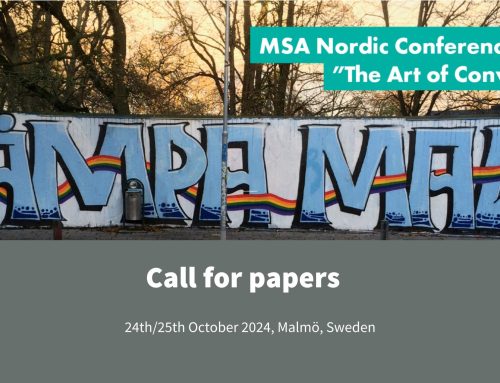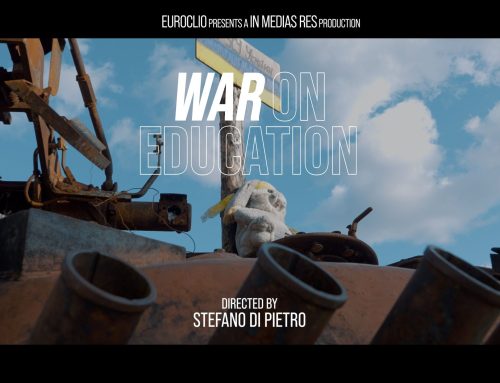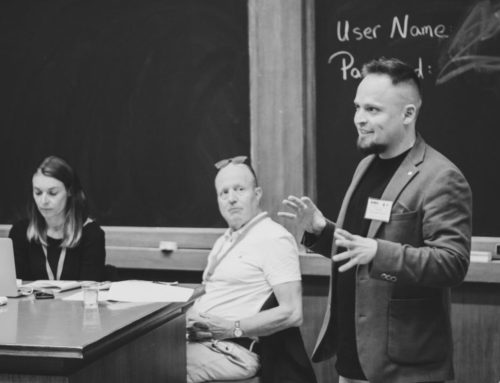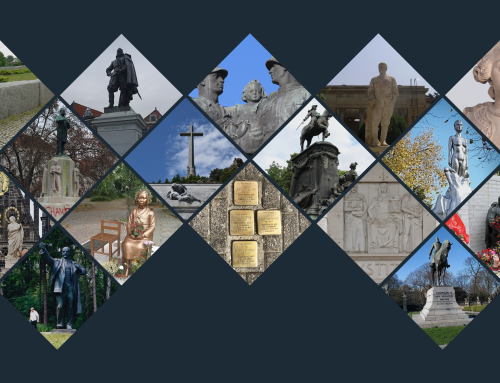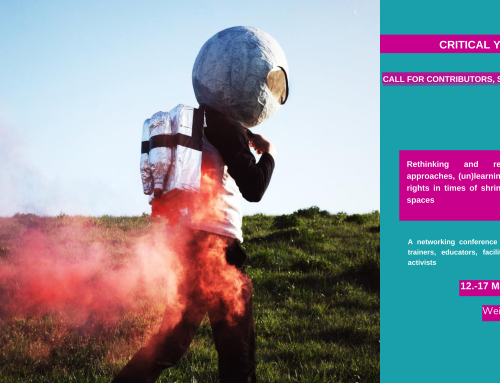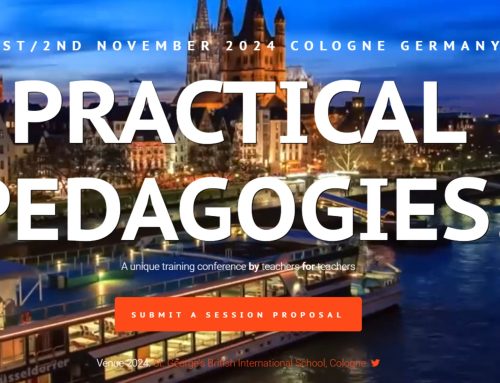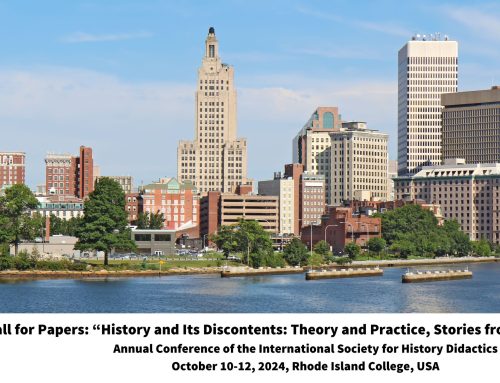The European Commission has launched a public consultation to hear opinions from culture, education, research and creative sectors, as well as citizens from across Members States regarding Europeana. The Commission would particularly like to hear the experiences and expectations of those who have already used (or could benefit from using) Europeana as a platform for sharing or re-using cultural heritage material. EuroClio would thus like to extend the opportunity the wide network of committed educators, researchers, and others in the field of culture, in order to get the most relevant feedback.
The Europeana Foundation is committed to facilitating and promoting access to digital cultural heritage for a variety of audiences and users, including those in the education sphere. The wide access to open-source material provided through the Europeana website can prove invaluable to educators, students, and interested members of the public. The Europeana Collections site provides a platform through which access to a to over 53 million items, (including image, text, sound, video and 3D material) from the collections of over 3,700 libraries, archives, museums, galleries and audio-visual collections across Europe is facilitated in a simple and user-friendly manner.
EuroClio and Europeana thus complement each other through the former’s focus on promoting innovative and responsible history education, and the latter’s facilitation of access to digital heritage resources. The relationship between the two organisations looks to contribute to the free and open-access availability of materials for history education, ultimately allowing for the promotion of a more multi-perspective and innovative approach to teaching and learning about the past. The two organisations have worked closely together in the past and continue to collaborate on projects to optimise their relationship and shared goals. This includes the development of Historiana – a resource for the creation and sharing of open, cross-border educational resources which was recently awarded as the best practice in Innovative and Educational Pedagogy at the 2017 Lifelong Learning Awards.
EuroClio is thus appealing to the wide range of educators and researchers we work with to respond to this consultation (available in all EU languages) before the 14th of January 2018 in order to contribute to the future development of Europeana. The more input from those “on the ground” so to speak, using the materials and resources in an everyday context, the more likely it is that Europeana can continue to develop as a user-friendly and fit-for-purpose mechanism, and so it would be of great use if you could also share the link among your network with anyone you think would be interested in sharing their opinion.

